Do EVs pay the congestion charge?
For business users making the switch to more sustainable modes of transport, something to consider is whether electric vehicles (EVs) pay the congestion charge, including the Ultra Low Emission Zone (ULEZ) fees.


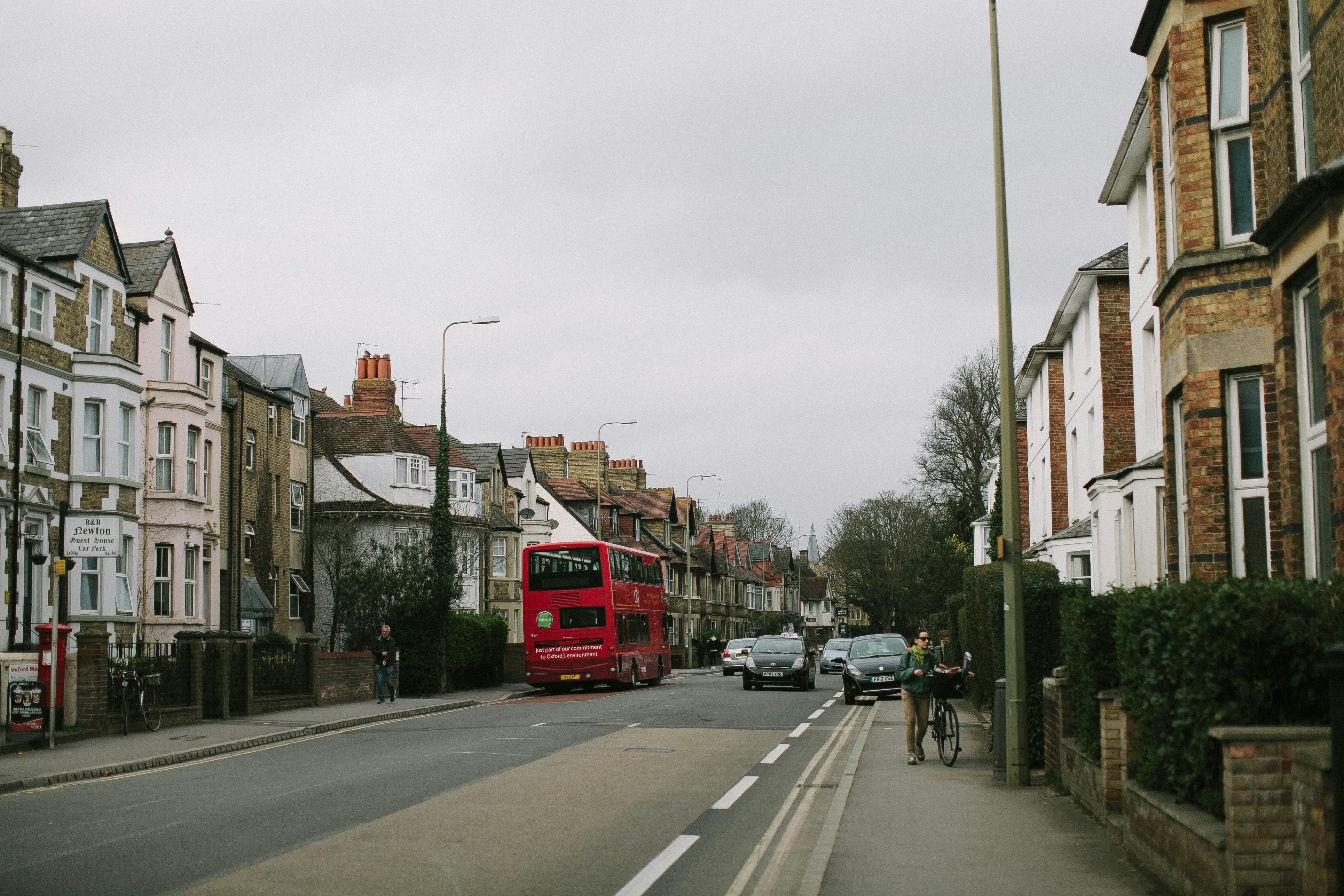

What is the Congestion Charge and Ultra Low Emission Zone (ULEZ)?
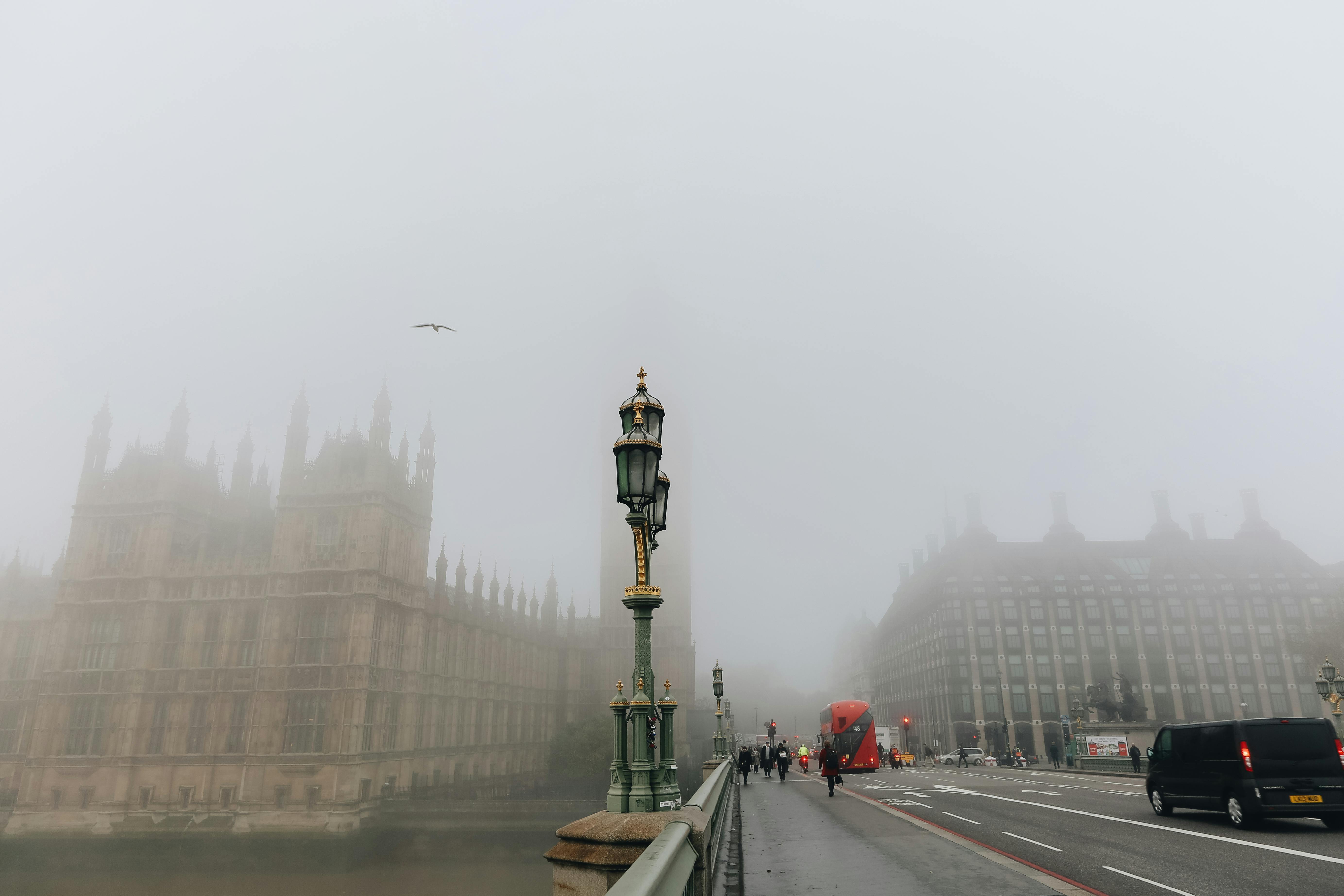

Do electric cars pay the congestion charge?
Do electric cars pay ULEZ charges?
Understanding LEZs and CAZs
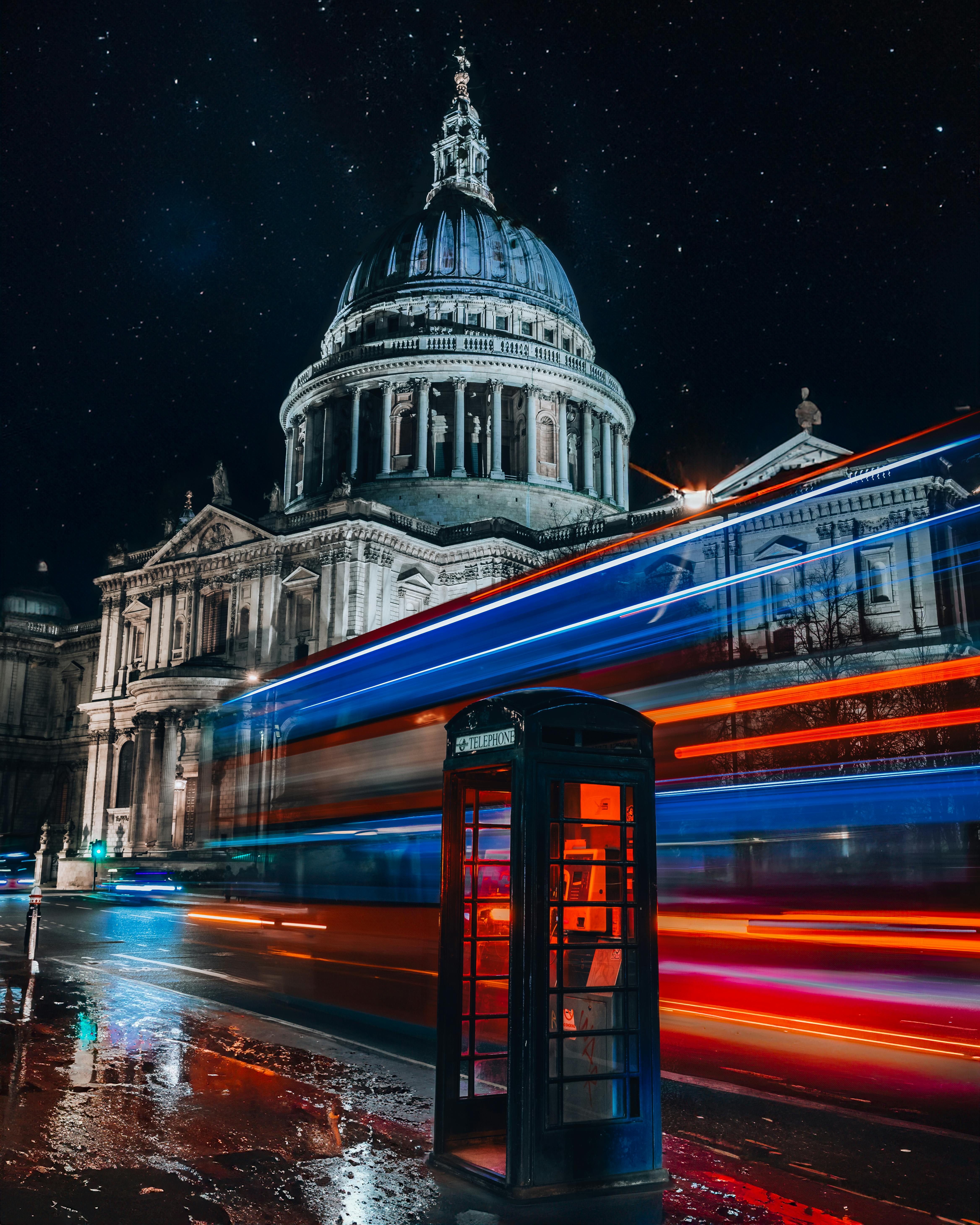

ULEV Lanes
The business case for going electric
EVs and the congestion charge in conclusion
Read our other blogs
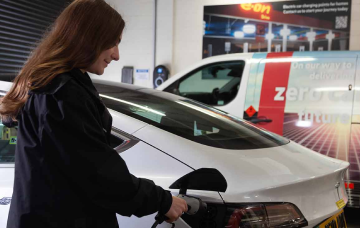

Discover the best type of electric car for your business. We discuss how different models work and how charging costs compare so you can make an informed EV choice.
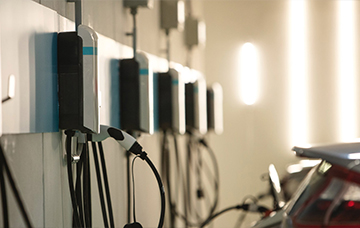
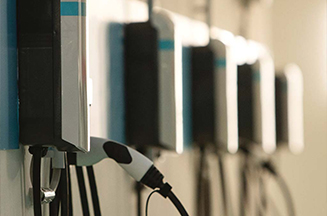
Thinking about taking action for the climate by buying a new electric car? The UK market for electric vehicle sales is growing every month and the range of makes and models is only set to get bigger and better.


From the forthcoming ban on the sale of new petrol and diesel cars, to tax incentives and even advertising campaigns, we’re all being encouraged to switch to driving an electric car.